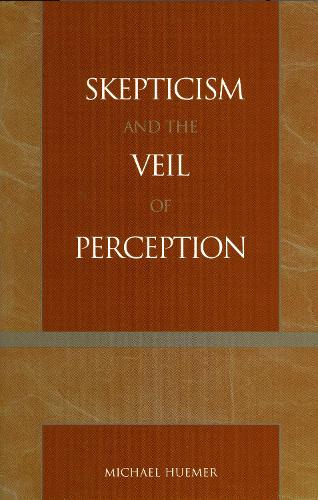
Skepticism and the Veil of Perception
(Paperback)
Publishing Details
Skepticism and the Veil of Perception
By (Author) Michael Huemer
Bloomsbury Publishing PLC
Rowman & Littlefield Publishers
17th July 2001
United States
Classifications
Tertiary Education
Non Fiction
121.34
Physical Properties
Paperback
232
Width 155mm, Height 232mm, Spine 14mm
354g
Description
Since Descartes, one of the central questions of Western philosophy has been that of how we know that the objects' we seem to perceive are real. Philosophical sceptics claim that we know no such thing. Representationalists claim that we can gain such knowledge only by inference, by showing that the hypothesis of a real world is the best explanation for the kind of sensations and mental images that we experience. Both accept the doctrine of a "veil of perception": that perception can only give us direct awareness of images or representations of objects, not the external objects themselves. In contrast, the author develops a theory of perceptual awareness in which perception gives us direct awareness of real objects, not mental representations and we have non-inferential knowledge of (some of) the properties of these objects. Further, Michael Huemer confronts the four main arguments for philosphical scepticism, showing that they are powerless against this kind of theory of perceptual knowledge.
Reviews
This essay is useful for its clear, accessible discussion of standard skeptical arguments and its critical review of the major arguments for sense-data. Huemer's discussion of those matters is comprehensive and engaging. * Mind: A Quarterly Review of Philosophy *
Author Bio
Michael Huemer is assistant professor of philosophy at the University of
Colorado at Boulder.
